The ethical principles of Hellenic Reconstructionist Polytheism rest on fundamental human virtues as expressed in community, and are derived from the teachings of our ancient Greek spiritual ancestors. Some of the virtues discussed below will be familiar, and are indeed common to other traditional religious cultures. Others may prove surprising and even challenging to modern pagans who look to the Rede for ethical direction.
A Key Principle: Reciprocity
To most ancient Greeks, people fell into one of three categories: friends, enemies, and strangers. Underlying all of these relationships is the assumption of reciprocity. Friends are those who help you and whom you are obligated to help. Enemies are those who harm you and whom you are likewise expected to harm, for doing so also helps your friends. Strangers or outsiders are those persons with whom you have no defined relationship and will probably view with a mix of suspicion and generosity, as they will you. Our relationship with the gods is also based on reciprocity: our offerings for their blessings, gift for gift.
Unlike both the Christian ethical ideal ("Love your enemy") and the Wiccan Rede ("An it harm none, do what ye will"), traditional Hellenic ethics teaches that there is no shame in interpersonal conflict or just retribution; indeed, these are fundamental parts of life. (Nemesis is a goddess, after all, and the myths show the gods in conflict with each other.) Further, by not harming one's enemies, one harms one's friends, breaking down the fundamental bonds of society. It is no surprise to find, then, in one of the earliest pieces of Greek writing, a priest calling down Apollo's wrath on those who did not honor his request for reciprocity: the return of his captive daughter for a fair ransom.
The counterbalance to this seemingly harsh system is the virtue of xenia, often translated "hospitality" or "the laws of reciprocity as applied to hosts and guests." To offer hospitality—food, drink, clothing, shelter—is a sacred imperative overseen by Zeus and imposes certain obligations on both parties. A host may not molest a guest, but neither may a guest steal from, or otherwise wrong, a host. A social and ethical bond has been forged.
In his Works and Days, Hesiod names the basic bonds of the social order as those between parents and children, hosts and guests, comrades, and siblings. To neglect these reciprocal bonds is to court disaster, for the gods uphold these relationships as sacred. Likewise, the whole community supports the standards of reciprocity. Our personal honor cannot be separated from our community's esteem.
Personal Virtue in Community: Moderation
In order for an agonistic society not to devolve into petty feuds, individuals must show self-restraint. Accordingly, Hellenic ethics praises this virtue (sôphrosunê) highly.
To exercise sôphrosunê, one must be able to view a situation realistically and act in accordance with the principle of moderation. Every virtue, suggests Aristotle, can be seen in terms of the mean between two extremes. These extremes may not be evils in the abstract, and indeed sometimes the mean will lean more toward one than the other, but when moderated by self-restraint and rational thought, they generate the best solution. So, for example, the virtue of courage is the mean between two feelings, fear and confidence, but leans toward the latter.
This call to moderation is also heard from Apollo's oracle at Delphi. Two famous maxims were inscribed above its temple entrance: Nothing Too Much and Know Thyself. The former is itself a statement of the doctrine of moderation. The latter, often misunderstood as an invitation to mere self-involvement, really means, "Know that you are only human."
Yet even moderation must be practiced in moderation. In other words, there are circumstances in which excess is appropriate. The worship of Dionysos calls for ritualized drinking, for example, and in this context, one may choose to drink more than usual. But common sense and self-restraint must prevail: for a recovering alcoholic, any wine at all may be too much.
Other Delphic Maxims
In addition to the two most famous Delphic exhortations, we have copies of inscriptions from two columns at the temple itself. Although some of these injunctions are offensive to us moderns ("Rule your wife"), others continue to inspire us to virtue with the pithy common sense for which the Oracle was known.
Aid friends.
Control anger.
Shun unjust acts.
Acknowledge sacred things.
Hold on to learning.
Praise virtue.
Avoid enemies.
Control anger.
Shun unjust acts.
Acknowledge sacred things.
Hold on to learning.
Praise virtue.
Avoid enemies.
Cultivate kinsmen.
Pity supplicants.
Accomplish your limit.
When you err, repent.
Consider the time.
Worship the divine.
Accept old age.
Pity supplicants.
Accomplish your limit.
When you err, repent.
Consider the time.
Worship the divine.
Accept old age.
Hellenic Ethics Today
Modern Hellenic polytheists, although not wishing to recreate ancient society, draw our ethical inspiration directly from the teachings of our spiritual ancestors. We accept that our lives as mortals are often harsh and that only strong social bonds based on reciprocity and self-restraint can mitigate some of the inevitable struggles of human existence.


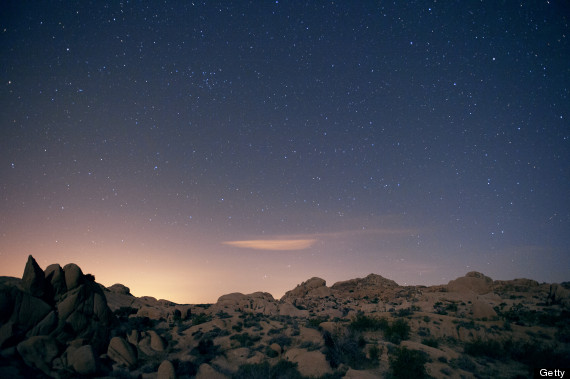 1.
1. 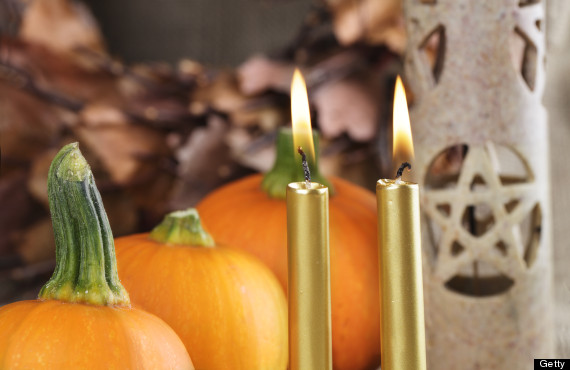 2. Some modern Pagans consider it the "witch's new year," though other traditions simply recognize Samhain as the end of the year, says
2. Some modern Pagans consider it the "witch's new year," though other traditions simply recognize Samhain as the end of the year, says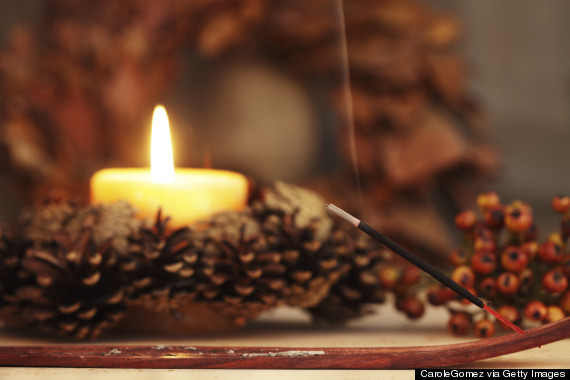 3.
3. 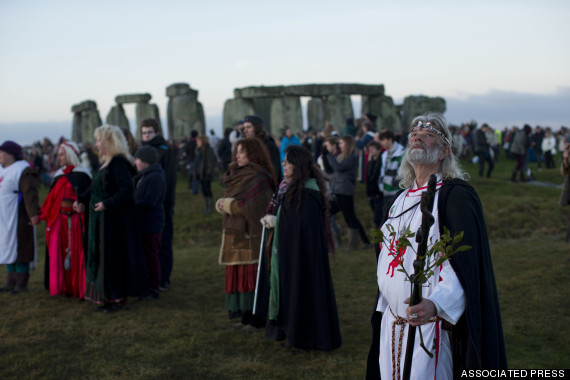 4. It is one of
4. It is one of 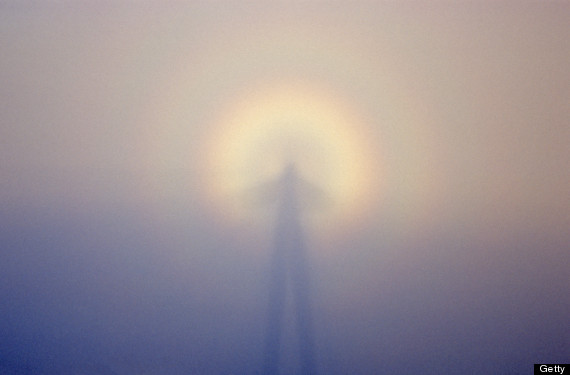 5. It's considered a liminal time, when the veil between life and death grows thin.
5. It's considered a liminal time, when the veil between life and death grows thin. 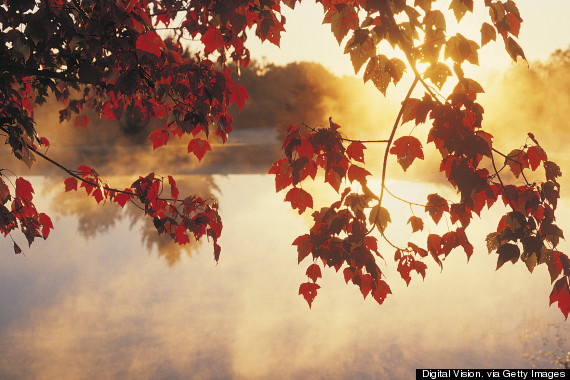 6. Samhain
6. Samhain 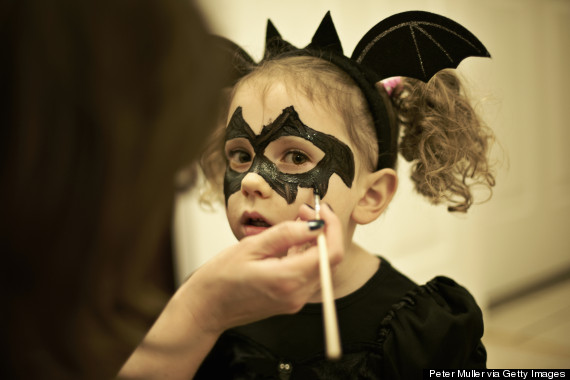 7.
7. 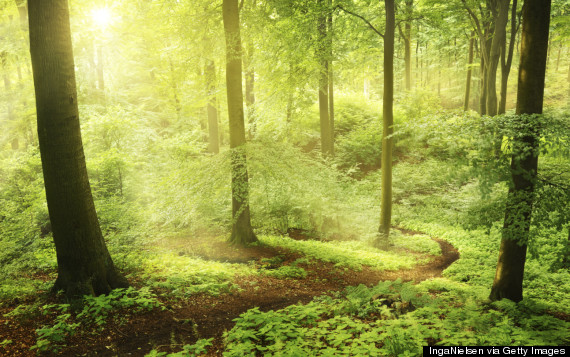 8. The Yellow Book of Lecan, a medieval book of tales, reported that people referred to Samhain as the "Feast of Mongfind," a legendary witch-queen who married the King of Tara in old Ireland and was central to ancient Samhain celebrations,
8. The Yellow Book of Lecan, a medieval book of tales, reported that people referred to Samhain as the "Feast of Mongfind," a legendary witch-queen who married the King of Tara in old Ireland and was central to ancient Samhain celebrations, 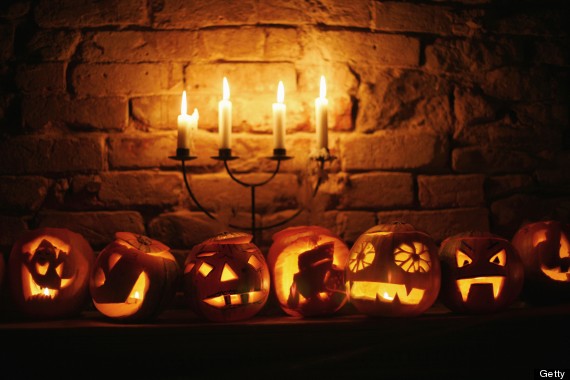 9. Some of Halloween's most common traditions are rooted in Samhain's
9. Some of Halloween's most common traditions are rooted in Samhain's 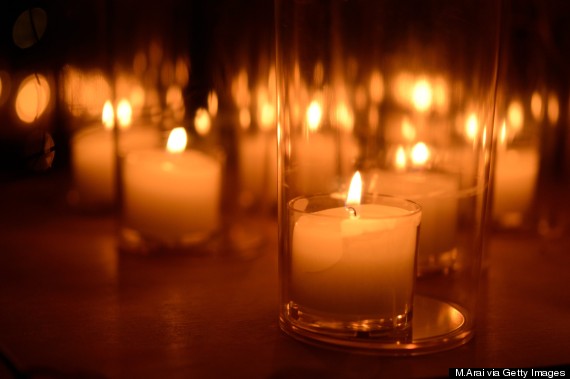 10. Some celebrate Samhain with
10. Some celebrate Samhain with 